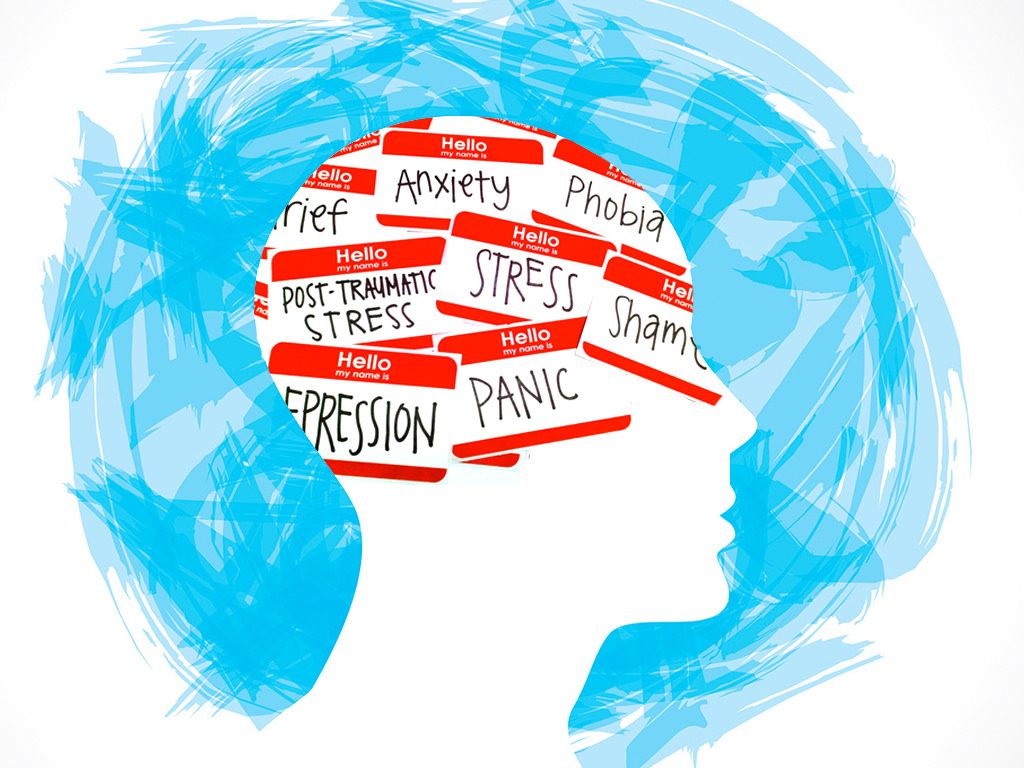
NCAA mental health: College athletes, coaches, athletic staff and the NCAA have rightly been focused on addressing concussions in college sports in recent years. But, it’s also important to remember that brain trauma is not the only mental health issue facing student-athletes.
Depression, stress, anxiety, and other mental health conditions often emerge when disciplined, driven, college athletes encounter the realities of college life and competition. In this article, we discuss some of the most common mental health issues student-athletes face, and what is being done to help address them.
College Life Brings New Challenges for Athletes
As USA Today reported in 2017, the life of a college athlete features unique and compounding stressors. College is the first time many young athletes have been expected to maintain a high level of sports performance without a parental support system.
Every college student has to learn to navigate the social and academic changes that come with the independence of college life. But, student-athletes must make those adjustments while also sticking to a demanding schedule of practices, games, and mandatory team activities. While their non-athlete friends go to parties and (occasionally) sleep through class, athletes feel the weight of the sacrifice and self-control it takes to succeed at the college level. Being a student-athlete feels like a very stressful job.
Common Mental Health Issues Among College Athletes
Stress, anxiety, and depression often result from the pressures college athletes feel and are the core focus for NCAA mental health. In response to a 2015 survey by the NCAA, about 30% of college athletes self-reported that they had been “intractably overwhelmed during the past month,” an increase from the results of the same survey five years earlier. And, although another NCAA survey revealed that drinking among student-athletes is dropping and that student-athletes are less likely than non-athlete peers to abuse drugs, unchecked stress can lead to co-occurring conditions like eating disorders and substance abuse.
The NCAA Focuses on Student-Athletes’ Mental Health
In 2013, the NCAA’s Sports Science Institute convened an interdisciplinary NCAA Mental Health Task Force to focus on the mental health issues affecting student-athletes. From those efforts, the NCAA developed a broad set of educational tools and policy prescriptions for supporting college athlete mental health.
Among those is a 2016 recommendation for “best practices” schools can follow to support the mental health of their student-athletes. These include:
- Ensuring that athletes have access to trained mental health professionals,
- Developing plans to address emergency and non-emergency situations involving athlete mental health, and
- Screening athletes for potential mental health issues before they even begin participating in college sports.
The NCAA has also developed educational curricula for student-athletes, and a handbook for coaches, staff, and practitioners addressing the particular issues relevant to student-athlete mental health. These materials aim to help, among other things, break down the stigma that can be particularly strong among athletes around mental illness and seeking mental health care.
What School’s Are Ahead of the Game?
At colleges and universities around the country, student-athletes and Staff have responded to the growing awareness of mental health challenges they face by speaking out. Here are a few examples of schools that are ahead of the game.
- At Saint Michael’s College, two hockey players founded Hope Happens Here to help athletes on campus confront the stigma of mental illness.
- At Bowling Green State University, student-athletes recently launched a campaign to raise awareness using the hashtag #ItsOkayToNotBeOk.
- At Oregon State University, athletes have started a mental health initiative focusing on depression called #DamWorthIt.
It’s okay to not be okay. Talk about it. YOU ARE WORTH IT. #DAMWorthIt https://t.co/ZUk2YcgeHT
— OSU AthleticTraining (@BandagedBeaver) January 17, 2018
- At Ohio University, the Student Senate passed a bill in February demanding that the university take more responsibility for student-athlete mental health.
- At Syracuse University, last September, Syracuse Athletics made two therapists available exclusively for athletes. Both worked 20 hours per week. On March 19, SU Athletics positioned a single full-time therapist for athletes.
Colleges & Universities Respond with Athletics-Focused Mental Health Services
Colleges and universities, too, have responded to the push for NCAA mental health by developing programs specializing in student-athlete mental health, and convening panels on the topic. Still, research published in 2016 shows that how schools deliver mental health services to NCAA Division I athletes varies widely.
One of the most comprehensive student-athlete mental health initiatives is the University of Michigan’s “Athletes Connected” program. Athletes Connected takes a comprehensive approach to athletics and mental health, not only by making counseling accessible but also by raising awareness, reducing stigma, and proactively teaching positive coping skills to student-athletes. With its user-friendly website and first-person content, Michigan’s efforts might well serve as a model to be replicated by schools nationwide.
